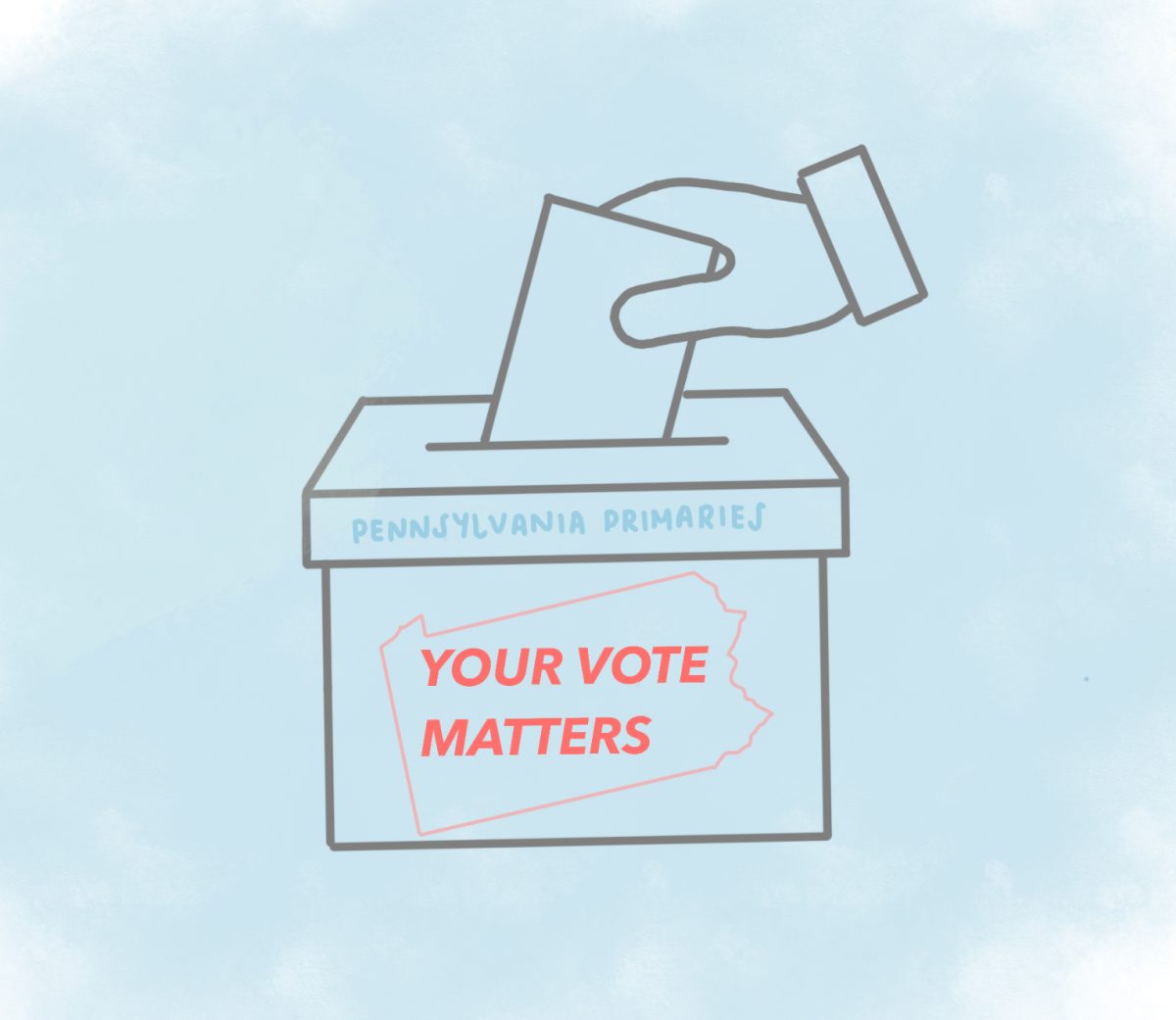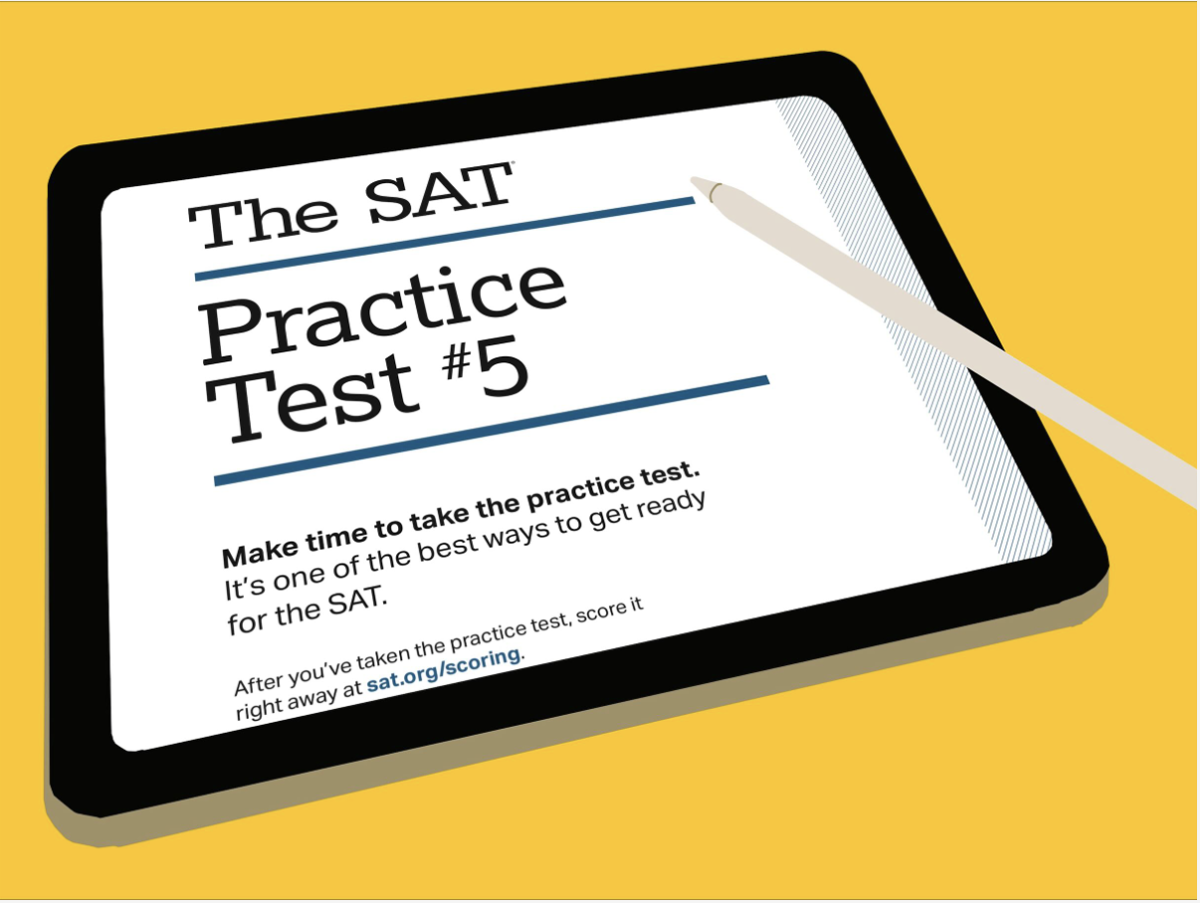State court rules Pa. school funding system unconstitutional
A long-awaited ruling set a milestone for the future education in Pennsylvania. A state court ruled that the school funding system was unconstitutional. This decision could reshape education across the state and transform the way the state pays for its public education.
“It’s a historic decision and it validates what advocates like me have been saying for many, many years,” Stephen Rodriguez, superintendent of the Pottstown School District said. For many years, Throughout the years, Rodriguez emphasized the important relationship between better standards of education with the opportunities students are offered.
Similar feelings are shared within the immediate Hill community. Nicholas Malinak, history teaching fellow, said that the ruling “certainly is an important one, as Pennsylvania has one of the most outdated school funding formulas in the country. My own home state of Montana had a similar ruling a number of years go, and I am almost surprised it took Pennsylvania so long.”
The ruling resulted from a year following the trial and a decade after the lawsuit was initially filed. The landmark lawsuit, first filed in 2014, contended that the state’s process for funding schools, which relies heavily on local taxes, thereby creating significant per-student funding gaps between wealthy districts and low-wealth ones, amounts to discrimination. The lawsuit argued that Pennsylvania’s funding system disproportionately harmed students of color as well as those from low-wealth school districts, especially students from low-income families.
“I expect that the legislators are going to make different decisions with regard to how they dole out the money,” Stephen Rodriguez said. “They’re going to consider who they are giving funding dollars to and how much they are.”
Political leaders in Pennsylvania further praised the major change that occurred from the decision.
Democrat John Shapiro said in an interview with the Washington Post that “creating real opportunity for our children begins in our schools, and I believe every child in Pennsylvania should have access to a high-quality education and safe learning environment, regardless of their zip code.”
Republican state senator Joe Pittman, the chamber’s majority leader, felt that it is evident that lawmakers are “committed to prioritizing education empowerment and access for students across Pennsylvania, as is evidenced by a historic level of investment in public education.”
Rodriguez reflected further on the effects of this decision.
“In the immediate future, nothing is going to change, but if I think about last year at this time versus this year at this time. It’s a huge change. And what makes the difference is the fact that now an outside court system has said these people (advocates) are right. Now we have the court who is saying the way that you have been doing it is wrong, so you’ve got to get even better than you have been,” Rodriguez said.
With the additional funding that comes out from this ruling for low-wealth school districts like Pottstown’s, Rodriguez believed that the money could benefit these school districts in a few different ways.
“Number one is going to be facilities. We have 24 million dollars’ worth of identified facilities needed for our students. That’s a lot of money. Number two is personnel. We need to be able to pay our teachers so that they stop leaving and going to other places that have money. Number three is programs. Our students already come from disadvantaged areas and backgrounds. We need to give them high quality research-based programs so that they learn at the fastest pace that they possibly can,” Rodriguez concluded.































Scott Livingston • Apr 14, 2023 at 11:54 am
Eliminate property tax increase sales tax by 2%. This is fair for everyone not just property owners. It will cover tourist and anyone who travels to Pennsylvania.
Also need to illuminate taxes for seniors over 70 and lived in Pennsylvania for 10 years